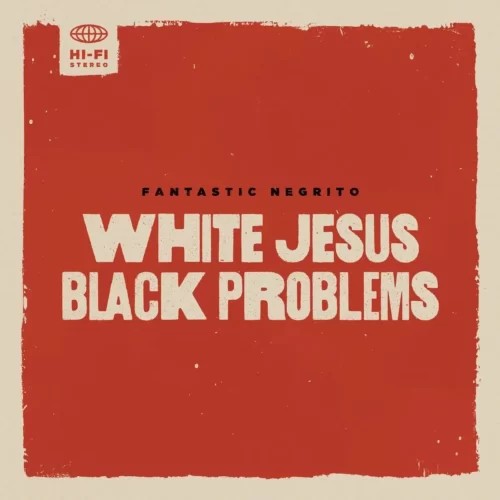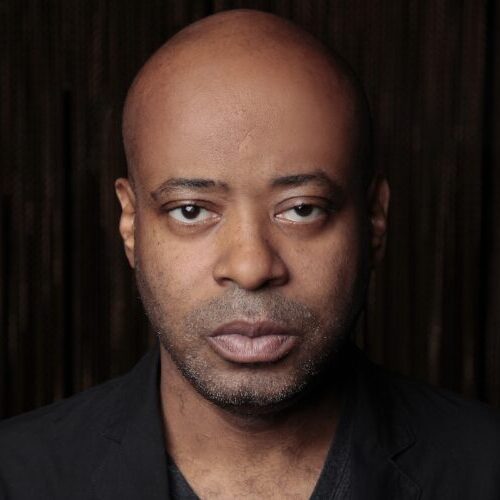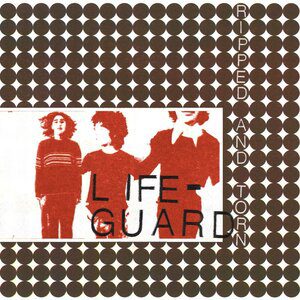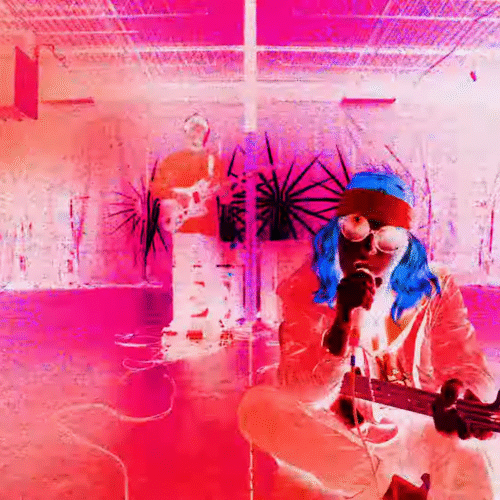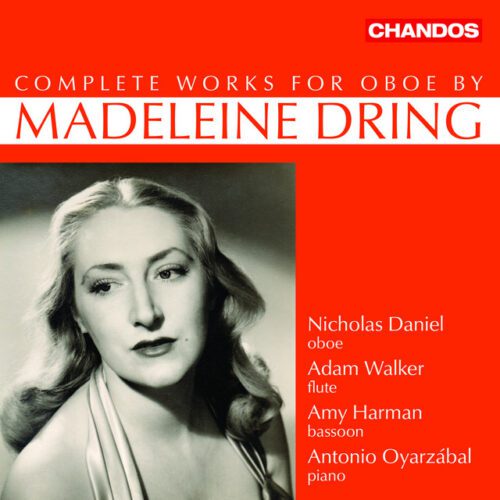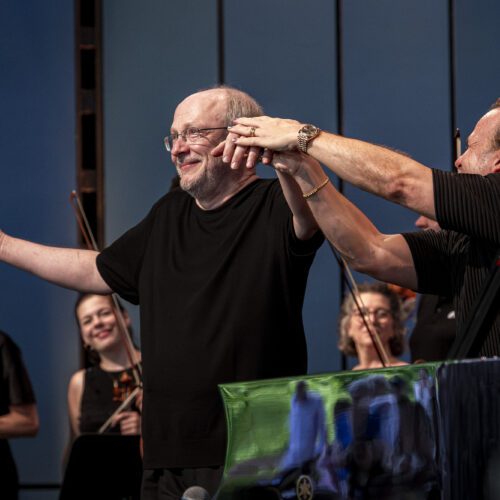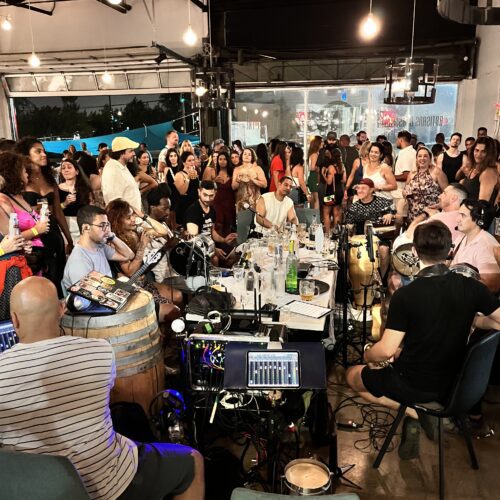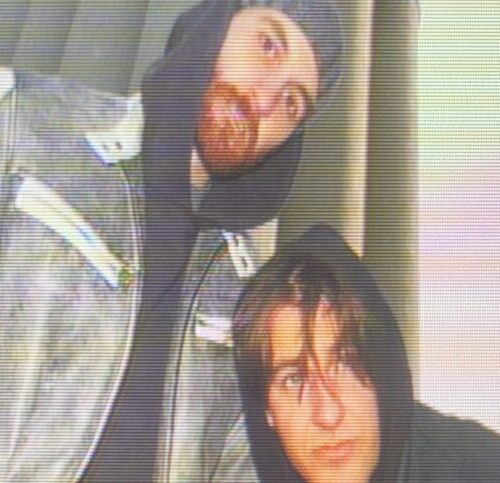The electro-blues recording artist from Oakland, Xavier Amin Dphrepaulezz, known by his stage name, Fantastic Negrito, has always been an enigma to me. He can play dirty blues and slide guitar like the greats and somehow knows how to blend freaky RnB, funk screamo, cosmic jazz, and what could be called post-rock in his music his latest release White Jesus Black Problems is one of his most abnormal albums yet.
The opener “Venomous Dogma,” begins as a darkened gospel number, adds in some acoustic blues a la John Lee Hooker, and then morphs into a post-hardcore jam like the band, The Blood Brothers. It’s absolutely bizarre and some of the vocal tricks Fantastic Negrito uses, static-riddled mic pops in the red, might be too much for some listeners. If you do continue, however, Fantastic Negrito’s “Highest Bidder,” continues with the gospel work, and his leathery beat-up voice.
White Jesus Black Problems is inspired by Dphrepaulezz’s great, great, great, great, great, great, great, grandfather (an unnamed slave) and grandmother (a white Scottish servant), who fell in love and lived together in a colony in Virginia. This was in the 1700s when interracial relationships were forbidden and their romance constantly put their very lives in danger. This story is explored in the tracks “Nibbadip,” and “Man With No Name” which touch on the blatant racism of a bygone age but is also still present in the modern day. Fantastic Negrito explores his seventh-generation grandparent’s tenuous relationship while finding out more about his roots, as he sings like Prince, Childish Gambino, James Brown, and MC5’s Rob Tyner. He also riffs on gun control and violence from a Black man’s perspective in the psychedelic “You Better Have a Gun.”
Though he creates his sound through an entwining of genres, no one sounds like Fantastic Negrito right now, and probably never will. His sound is just strange and conveys the millions of possibilities one can puncture through music, just listen to the sped-up Motown banger, “Trudoo.” His macro music style is why he has two Grammys, but I envision a couple of the weirder songs on White Jesus Black Problems will be too “out there” for the judges and common listeners.
